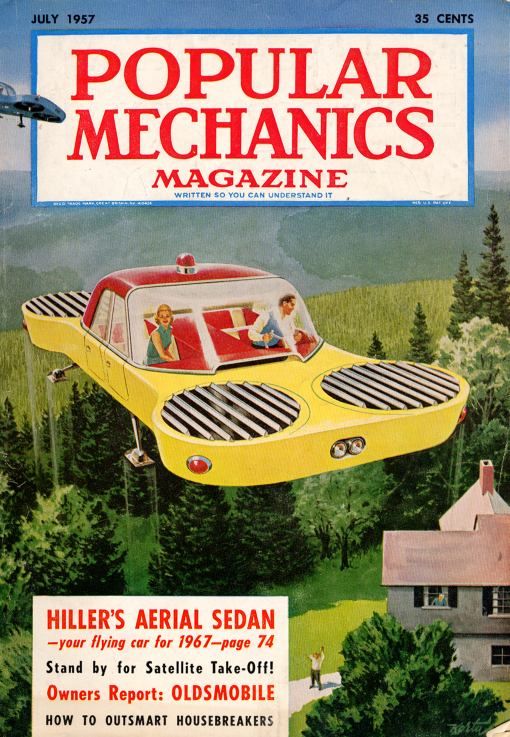- Joined
- Jan 1, 2012
- Messages
- 353
- Reaction score
- 194
Are pre-meds aware of the (possible) potential of computer science to drastically change and/or reduce the role of physicians? Biostatisticians have been working away on machine learning prediction algorithms to diagnose patients that could, eventually, be incorporated in real time into electronic health records. Although such algorithms have low explanatory power at present (usually around 20%, so says the biostatistician I work with), the potential is there and progress is rapid in the era of "Big Data."
Sure, the impact could of course be relatively small, depending on numerous factors. Or it could be quite drastic: As one computer science professor has put it to the pre-meds who flood his general education requirement class, "Why do you guys want to be doctors?! You know a computer will mostly do your job in the future, right?"
If you are aware, how do you feel about it? Does it not deter your interest? Why or why not?
I ask as a pre-med who personally feels deterred from most diagnosis-heavy specialties now in light of it.
Sure, the impact could of course be relatively small, depending on numerous factors. Or it could be quite drastic: As one computer science professor has put it to the pre-meds who flood his general education requirement class, "Why do you guys want to be doctors?! You know a computer will mostly do your job in the future, right?"
If you are aware, how do you feel about it? Does it not deter your interest? Why or why not?
I ask as a pre-med who personally feels deterred from most diagnosis-heavy specialties now in light of it.




